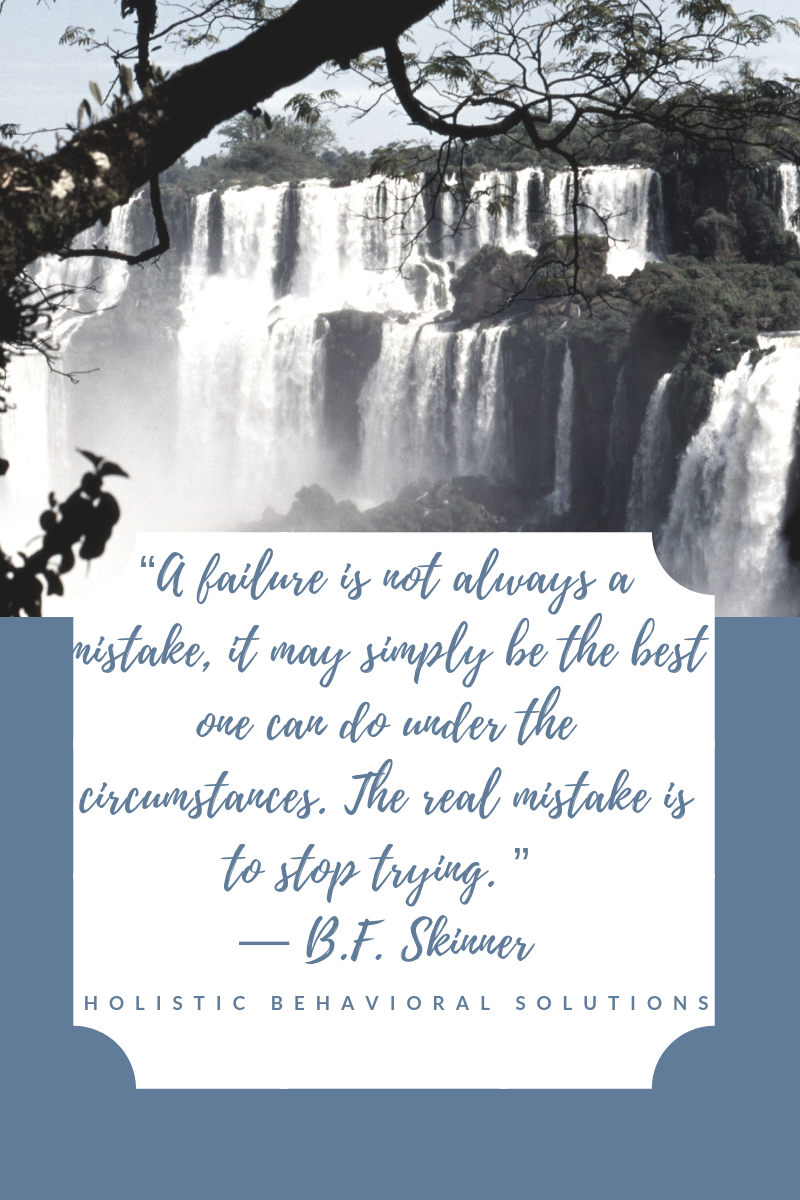
Praise and How We Use to Nurture Our Children’s Growth
Most people can agree that parenting is hard, but positive reinforcement makes that process a bit easier. Every child is a unique blend of strengths, dreams, and personality; nurturing their internal selves is about recognizing and celebrating this individuality. Praise is a critical part of helping children develop self-esteem, resilience, and a positive outlook. In my office, we talk about how praise, when used effectively, shapes children’s growth, allowing them to approach life with confidence and a healthy sense of self.
As a therapist working with families across New Jersey for over twenty years, I’ve seen firsthand how meaningful praise can encourage children to flourish. Let’s delve into the essential principles of praise and explore ways to make it a cornerstone of growth for your child.
Praise and Understanding the Impact of Comparisons
In a world where comparisons are common, it’s natural for parents to measure their child’s progress against others. However, comparisons can unintentionally impact a child’s self-esteem and confidence. When children are measured by “shoulds” and “what-ifs,” they can feel pressured to meet expectations that may not align with their unique talents and capabilities.
Instead, focus on your child’s individual journey. By valuing their strengths and respecting their pace of growth, you create an environment where differences are celebrated. This approach not only fosters confidence but also reinforces the message that they are valued for who they are, not who they should be. If you’re interested in learning more, check out The Importance of Individual Growth in Child Development to dive deeper into this topic.
The Science Behind Praise: Insights from B.F. Skinner
Psychologist B.F. Skinner’s research on behavior modification has shown that praise significantly influences child development. Skinner emphasized the importance of reinforcement, explaining that when a child receives positive acknowledgment, they’re more likely to repeat the praised behavior. Essentially, children absorb the messages we communicate, which shape their internal self-talk and future behavior.
This principle emphasizes the importance of praise in creating positive habits and behaviors. For children, meaningful praise helps them feel understood, appreciated, and empowered, which translates into resilience and self-confidence as they grow. They report feeling seen and heard. To learn how this applies in daily interactions, see Building Positive Habits Through Reinforcement.
Principles of Effective Praise
To make praise impactful, it’s essential to follow a few key principles. The goal is to provide genuine, thoughtful praise that resonates with your child and encourages continued growth. Here are some guidelines:
- Be Specific
Specificity in praise makes it more meaningful. Instead of saying, “Great job,” try, “I noticed how hard you worked on that project—it really shows.” This approach lets your child know exactly what they’re being praised for, reinforcing that specific behavior. - Be Consistent
Consistent praise reinforces desirable behaviors and helps children feel motivated. Praising your child regularly (but authentically) for their efforts builds a pattern of encouragement and positivity, creating a solid foundation for growth. - Encourage Future Efforts
Praise should not only recognize past behaviors but inspire future actions. Acknowledging progress while encouraging continued effort fosters a mindset of growth and perseverance. For example, “I’m proud of how well you did on this; I can’t wait to see what you achieve next time.” - Balance Is Key
Too much praise can dilute its impact, so keep it genuine and thoughtful. When praise is sincere, it has a lasting effect, making your child feel genuinely valued and capable. Explore more about Balancing Praise in Parenting for insights on maintaining this balance.
The Role of Praise in Behavior Modification
Praise acts as a powerful catalyst for behavior modification by reinforcing positive actions and qualities in your child. Acknowledging and celebrating steps toward kindness, creativity, and diligence encourages these behaviors to become part of your child’s character. This approach aligns closely with principles from cognitive-behavioral therapy (CBT), where positive reinforcement helps guide children toward healthier thought patterns and behaviors.
In my experience, parents who praise their children for specific actions—like showing patience with a sibling or persevering in a challenging task—notice a positive shift in their child’s behavior over time. To further explore this concept, visit Positive Reinforcement in Child Development and see how it works in various parenting scenarios.
Celebrating Small Wins
When it comes to raising children, every effort deserves recognition, no matter how small it may seem. Celebrating small wins boosts children’s confidence and self-esteem, reinforcing the idea that progress matters as much as outcomes. By acknowledging their small achievements, you help children see the value in each step forward, which encourages continued effort.
In the words of Skinner, “Give me a child…and I will shape them into anything I want.” With intentional praise, parents have the power to shape their children’s character, fostering a mindset that celebrates progress, resilience, and personal growth. For tips on implementing this approach, check out Celebrating Small Wins in Parenting.
Embracing Your Child for Who They Are
Parenting is a journey of unconditional support, guidance, and acceptance. Embracing your child’s unique strengths and character fosters self-assurance and resilience. When children feel valued for who they are, they are more likely to approach life with confidence and strength.
The most important aspect of parenting is recognizing and nurturing your child’s unique light. By embracing them for who they are and celebrating their growth through thoughtful praise, you help build a foundation for self-worth and resilience that will last a lifetime. Visit Nurturing Self-Worth in Children to explore more ways to support your child’s personal growth.
The Ripple Effect of Praise
Praising your children doesn’t just uplift them individually—it creates a ripple effect that extends to others in their lives. Children who grow up feeling valued and acknowledged are more likely to express empathy, show respect, and contribute to their communities. This ripple effect fosters a cycle of positive behaviors and attitudes, creating a compassionate community built on mutual respect.
When we consciously celebrate our children’s unique qualities, we contribute to a future where they feel capable and confident. Positive reinforcement is a gift that empowers children to recognize their worth, accept their uniqueness, and approach life with resilience.
Support Your Child’s Growth with Our Holistic Store
At Holistic Behavioral Solutions, we understand that building resilience and self-esteem in children starts with a strong foundation. Visit our Holistic Store for wellness supplements and products designed to support your family’s journey toward mental and emotional wellness. Each product is selected to enhance focus, energy, and balance, making it easier for you and your child to stay connected and grow together.
PS: Are you a culturally competent IIC clinician passionate about supporting families and fostering resilience? Our New Jersey practice is hiring! Check out our Careers page for exciting opportunities to join a team dedicated to impactful mental health support.


Praise your child for the things they do well, big and small”, yes I get that by doing this it encourages them and helps mold their self-esteem but I sometimes find it hard to do that. I feel that at a certain age children know how to do things and how they should be done so if they do them well, they way they were taught, should you praise them for that? I think yes IF they initiate the thing THEMSELVES or make it better by their own creation. I just feel that they should not get praise for doing JUST enough to get by even if its done well!